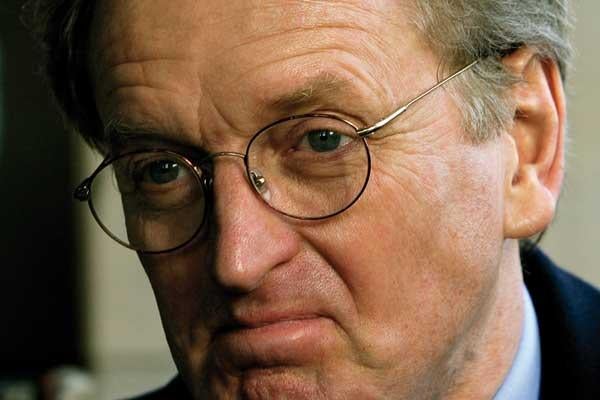
Speaking at a PCC dinner at Manchester Art Gallery last night, Meyer responded to concerns voiced by Daily Mail editor Paul Dacre, who warned the Society of Editors conference that a privacy law was being introduced “by the back door” in the High Court.
Meyer said privacy cases would be “controversial till the end of time” because they were treated on a case-by-case basis – but maintained that the law and the self-regulatory system overseen by the PCC since 1991 could still co-exist.
“Some media lawyers will tell you that it is the courts which are making the running on privacy case law; and that the PCC is being shunted aside. Well, they would say that, wouldn’t they?” he said.
“There is a minority of lawyers who resent the competition, as they see it, from a body that provides its services free and fast, and in vastly more cases than ever come before the courts.”
Meyer also expressed concern about a new investigation into press standards due to be carried out next year by the culture, media and sport select committee.
“Every now and again you hear cries and whispers, not a million miles away from the newspaper and magazine industry, that perhaps, after all, a privacy law debated and passed by parliament would be preferable,” he said.
“Well, beware of what you wish for. It may not be a full parliamentary debate; but the announcement last week of yet another hearing into privacy and related matters by the Select Committee on Culture, Media and Sport is the next best thing.”
Meyer said newspapers needed to do more to publicise the work of the PCC, and reiterated his calls made at the Society of Editors conference for the industry to keep up its funding of the Commission at a time when revenues are falling.
“The challenge to the PCC and to the press is obvious,” he said. “We must all raise our game. That means thinking creatively how, in this intensely fluid environment, self-regulation can deliver the goods more effectively.
“It is not divinely ordained that our system of regulation is here for all eternity. It has its enemies. There are other, competing models.”
Meyer predicted that the current system where the PCC, Ofcom and the BBC Trust had overlapping responsibilities looked “increasingly unsustainable in the long term, as the boundaries between print, online and broadcast blurred.
He added that the explosion of online journalism placed increased pressure on the PCC to keep up standards.
“The arrival of new-fangled digital platforms does not make respect for the old virtues redundant: fundamental attachment to accuracy, swift correction of mistakes, prominent publication of apologies, sensitivity to people’s grief, ready cooperation with the PCC’s investigations,” he said.
“By and large the press is pretty good at meeting these standards. But I have to say that, despite endless exhortation, the willingness of editors to give space to publicise the PCC’s services is patchy at best. That strikes me as an own goal.”
Earlier this year, the News of the World was ordered to pay £60,000 in privacy damages to motorsport boss Max Mosley for publishing stories and pictures of his orgy with five women.
But Meyer pointed to another tabloid story – published in the Daily Sport – as evidence to suggest that the tabloid press was not “out of control”.
“When reporting the conviction of a man for having sex with a goat, the paper published a picture of the victim with its face blanked out – ‘out of respect for its private life’ as the caption said. Who says the tabloid press is out of control?” Meyer joked.
The PCC board meets today at Manchester’s City Inn – its first full meeting outside London since it was founded 17 years ago.
Meyer is due to step down as PCC chairman in March. His replacement is Baroness Peta Buscombe, the chief executive of the Advertising Association.
Email pged@pressgazette.co.uk to point out mistakes, provide story tips or send in a letter for publication on our "Letters Page" blog
